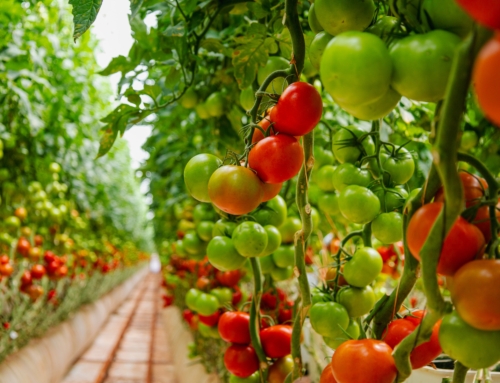The FPAA is concerned that American consumers will have to pay significantly more for their preferred vine-ripened, specialty and roma tomatoes if duties of 20.91% go into place July 14 on U.S. importers of Mexican tomatoes, after a recent action from the U.S. Department of Commerce (Commerce).
Tomatoes sold in the U.S. from Mexico are governed by Commerce through the Tomato Suspension Agreement, which sets minimum pricing, puts in place requirements for sales between importers and buyers, requires exhaustive inspections for quality, and has stringent enforcement and compliance monitoring measures in place. This includes regular quarterly audits, administrative reviews, on-site audits from the Commerce, and enforcement measures in place in Mexico.
In fact, the Department of Commerce has consistently found Mexican tomatoes in compliance with the Tomato Suspension Agreement, contrary to false claims from the Florida Tomato Exchange. Since the implementation of mandatory quality inspections that Florida growers demanded under the 2019 Tomato Suspension Agreement, 99.992 percent of all tomatoes that must be inspected from Mexico have met or exceeded all quality requirements.
Members of the Fresh Produce Association of the Americas are U.S. companies that have led innovation in the tomato category over the last 30 years. Because of this innovation, consumers now can shop for a wide array of vine-ripened grape and cherry tomatoes, tomatoes on the vine, roma tomatoes, and other specialty tomatoes. With the pending termination of the Tomato Suspension Agreement and implementation of duties, those same U.S. companies are left to wonder if they can continue to supply consumers with the vine-ripened tomatoes people demand at affordable prices.
The domestic growers who petitioned Commerce for duties have failed to innovate, growing what in the industry are called “gas green tomatoes,” or round tomatoes that are picked green and then induced to turn a pale red after being placed in gas rooms and exposed to ethylene gas. This kind of tomato has lost market share as consumers and restaurants have shifted to tomato varieties that naturally ripen on the plant, just like in nature, with a natural deep red color and superior flavor, such as those provided by FPAA members. In a twist of irony, several of the largest Florida tomato farmers also have significant tomato farms in Mexico in order to meet vine-ripe tomato demand, which makes the decision to impose duties all the more unfathomable.
In a time of severe food inflation, the Members of the FPAA urge the Administration to negotiate a new tomato agreement that supports the innovations of U.S. importers, continues to fill the demands of U.S. consumers, and that helps domestic growers improve their ability to compete, via research, innovation, and improved varieties rather than through duties on their U.S. competitors in Arizona, California, Texas, and elsewhere.





